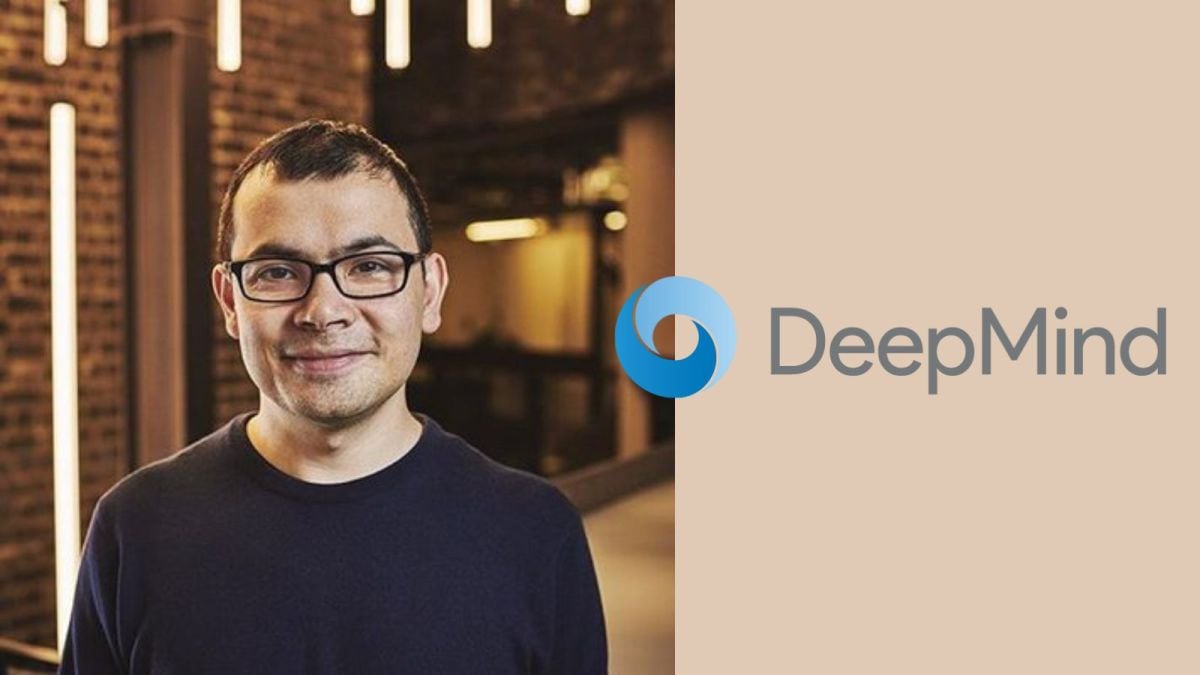AI in some senses is too hyped, says DeepMind CEO Demis Hassabis
DeepMind's Demis Hassabis likens current AI investing frenzy to crypto craze, expressing concern over "grifting."

The AI funding frenzy has Demis Hassabis feeling a mix of excitement and apprehension. As the CEO of DeepMind, a groundbreaking AI research company, Hassabis is familiar with the transformative potential of artificial intelligence. But he also recognises the very real hype cycle it has entered.
In an interview with the Financial Times, Hassabis remarked “In a way, AI’s not hyped enough but in some senses it’s too hyped…We’re talking about all sorts of things that are just not real.”
The numbers back up his grifting concerns. Nearly $30 billion has been invested across 691 generative AI deals so far in 2023, according to data by PitchBook. Investors simply don’t want to miss out on riding the AI wave.
Hassabis’ warnings aren’t unfounded. In March, the SEC settled charges against advisors accused of falsely claiming to use AI. With billions at stake, some players will inevitably try to game the hype cycle.
But the DeepMind chief remains incredibly bullish on AI’s ultimate impact: “I think we’re only scratching the surface of what I believe is going to be possible over the next decade-plus. We’re at the beginning, maybe, of a new golden era of scientific discovery.”
As proof, he points to DeepMind’s own AlphaFold project. Released in 2021, it has helped predict over 200 million protein structures, accelerating biological research worldwide. “The best proof of concept for how AI could accelerate scientific research,” Hassabis stated.
DeepMind was founded in 2010 to achieve artificial general intelligence (AGI) matching human cognition. While some say AGI may still be decades away, Hassabis gives it “about a 50 percent chance” of arriving within 10 years, adding “that timeline hasn’t changed much since the start of DeepMind.”